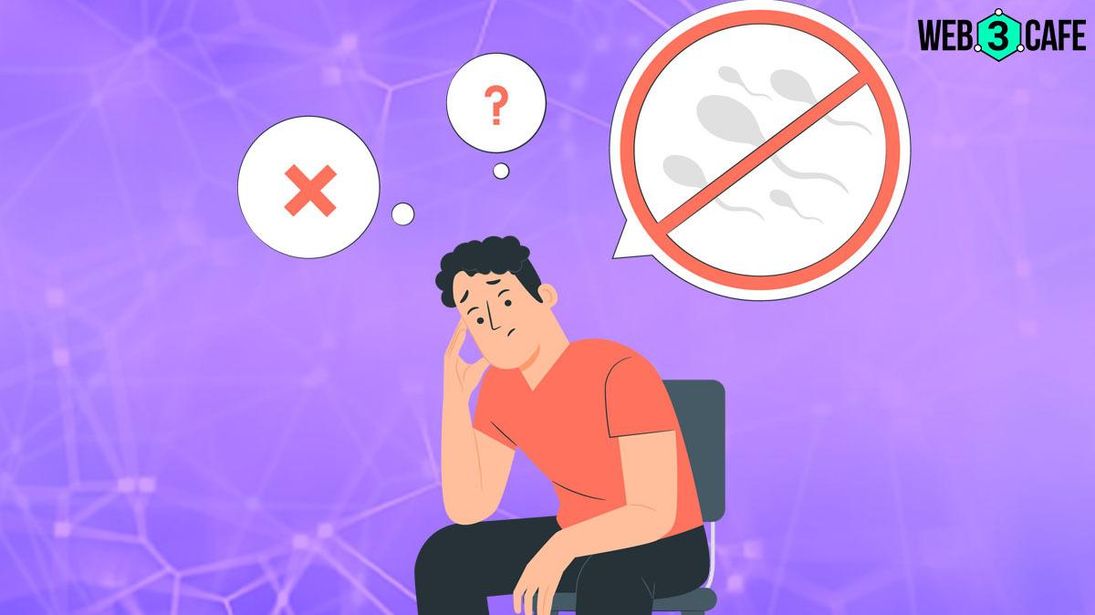From diagnosis to solutions: How is AI revolutionising male infertility treatment
7 percent of men are unfertilised. AI can detect sperm samples from severely unfertilised men a thousand times faster than trained human eyes.
 artificial intelligence
artificial intelligence
Highlights
- Dr Vaiselescu, a biomedical engineer at UTS, has developed a ground breaking system called SpermSearch
- SpermSearch is designed to assist men with NOA
- UTS is preparing for clinical trials with the goal of achieving live pregnancies using their AI technology
Dr. Vasilescu, an Australian-based biomedical engineer at University of Technology Sydney (UTS), is the founder and Chief Executive Officer of NeoGenix BioSciences, a medical company.
He claims that the Artificial Intelligence software developed by his team is capable of detecting viable sperm in specimens taken from severely unfertilised men at a rate of one thousand times the speed of a trained pair of human eyes.
He further states that the software is capable of identifying potential viable sperm prior to a human being being able to process the information.
#TechNewsUpdate: How AI May Be a Powerful Tool in Treating Male Infertility
— Techtrends Zambia (@techtrends_zm) September 7, 2023
Infertility affects 7% of the male population. Now artificial intelligence (AI) may be about to help solve the problem.
Dr Steven Vasilescu says that the AI software developed by him and his team can… pic.twitter.com/29VdOSPFp0
Dr. Vasilescu highlights the complexity
Traditional male infertility diagnostics involve surgically removing a small sample of a man’s testicular tissue. Embryologists then manually examine the tissue for viable sperm.
This process can take anywhere from six to seven hours to complete, and human error is common due to fatigue. Dr. Vasilescu describes the microscopic examination as a “starscape of cells”.
SpermSearch is an AI-powered tool that aims to automate and simplify this laborious process. It uses artificial intelligence (AI) to detect healthy sperm in a matter of seconds by analysing photos of tissue samples that are uploaded to the computer as soon as they are taken. It provides a faster and more accurate alternative to manual examination, making the diagnosis and treatment of male infertility more effective.
How the AI system was trained
The AI system was trained by Dr. Vasilescu's team by presenting it with thousands of images of intricate tissue specimens containing sperm. According to their scientific paper, SpermSearch was able to identify sperm in these samples a thousand times faster than a trained embryologist.
It is important to note that SpermSearch does not replace embryologists, but rather serves as a useful aid to augment their abilities.
Hope for timely fertilisation
Time is of the essence when it comes to finding viable sperm, especially when it comes to assisted reproductive procedures, says Dr. Sarah Martinis da Silva, Clinical Reader in Reproductive Medicine at Dundee University. “When you have collected eggs and need to fertilize them within a short period of time, time is of the essence. SpermSearch’s AI technology helps to speed up the process.”
The fact that sperm counts have fallen by 50 percent over the past 40 years is a stark reminder of the growing problems of infertility, which makes innovative solutions such as SpermSearch even more valuable.
SpermSearch targets group of men
Dr. Lewis, the emeritus Professor in Reproductive Medicine and Chief Executive Officer of Examen, recognises the potential of Artificial Intelligence in medicine, however, he emphasis its slow adoption.
Currently, SpermSearch is in the demonstration phase following a small clinical trial in seven patients. Dr. Lewis emphasizes the long period of time between proof of concept and commercial availability, which he estimates to be between two and five years.
He further emphasises that SpermSearch is a valuable advancement as it targets a specific group of men with non abustructive azoospermia (NOA) however, it is unlikely to become widespread.
Last hope for biological parenthood
Vasilescu says that their treatment is usually the "last resort" for people who are having trouble with infertility. Their AI-powered technology can be the key to getting an egg to fertilize, giving people hope if they're having trouble with treatment.
SpermSearch makes it easier for men to be the fathers of their biological children. The UTS team is working on clinical trials to see if they can achieve a successful live pregnancy with their AI technology.


COMMENTS 0